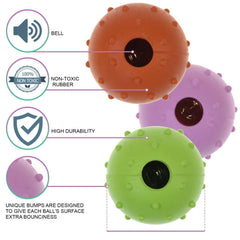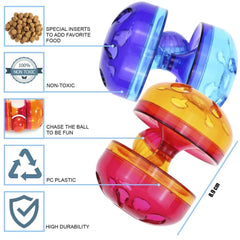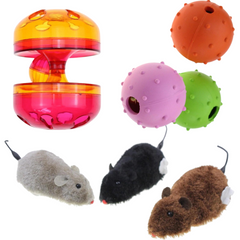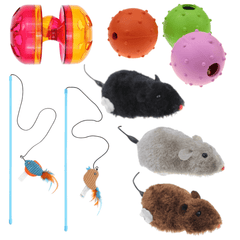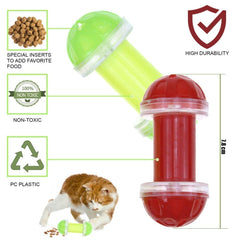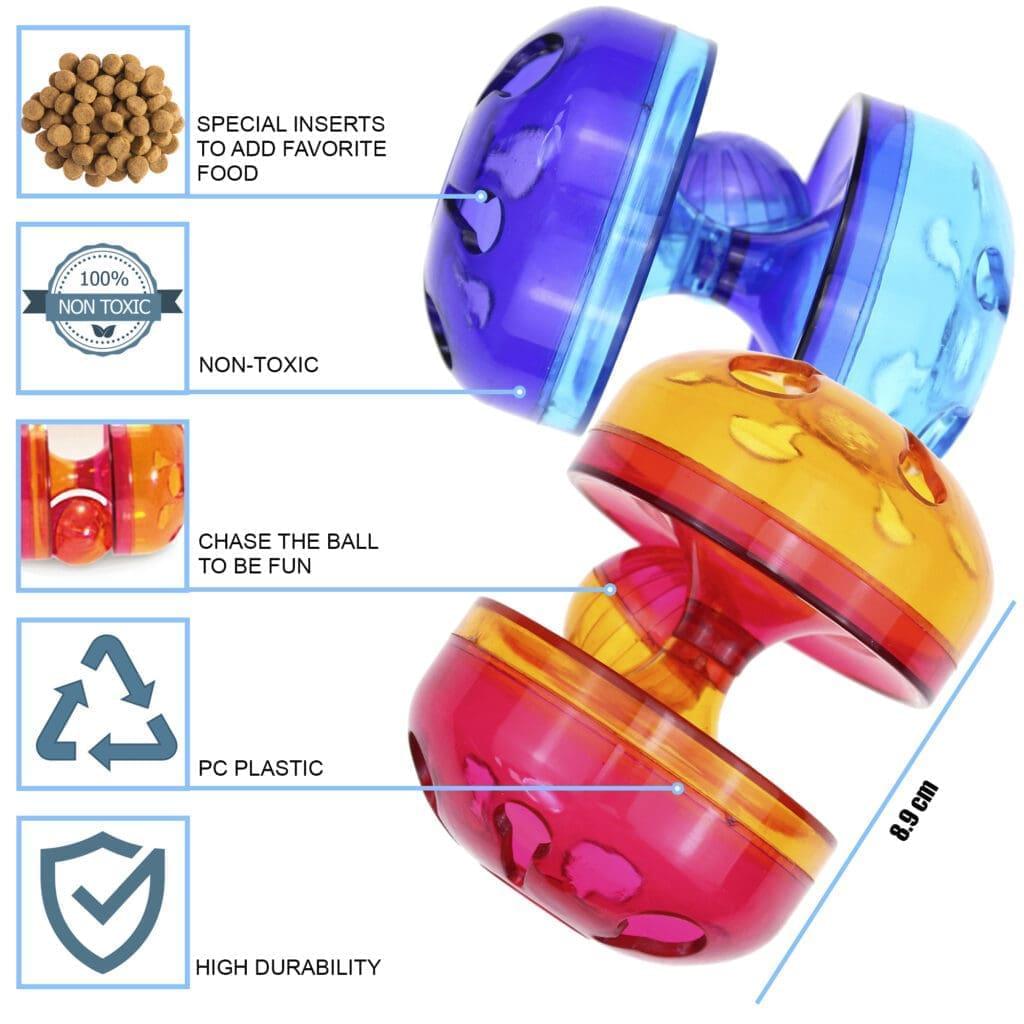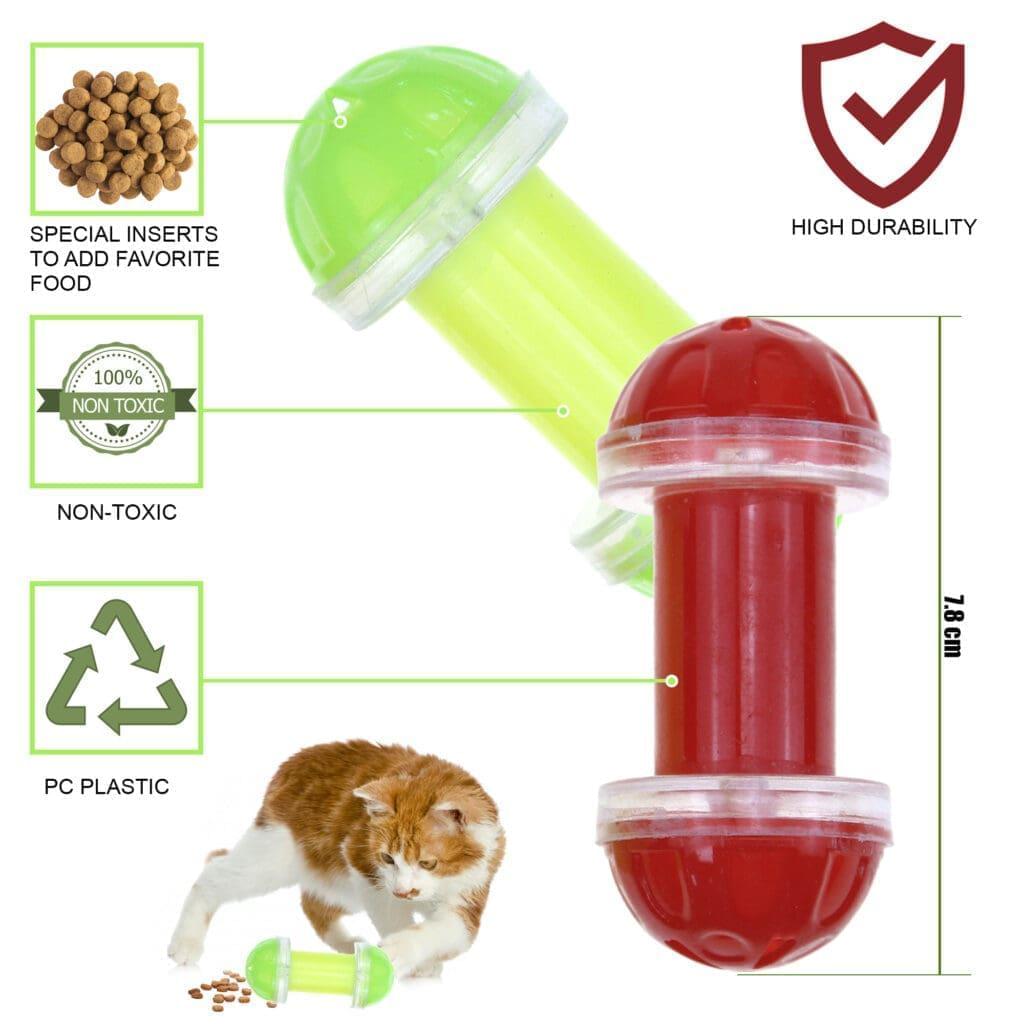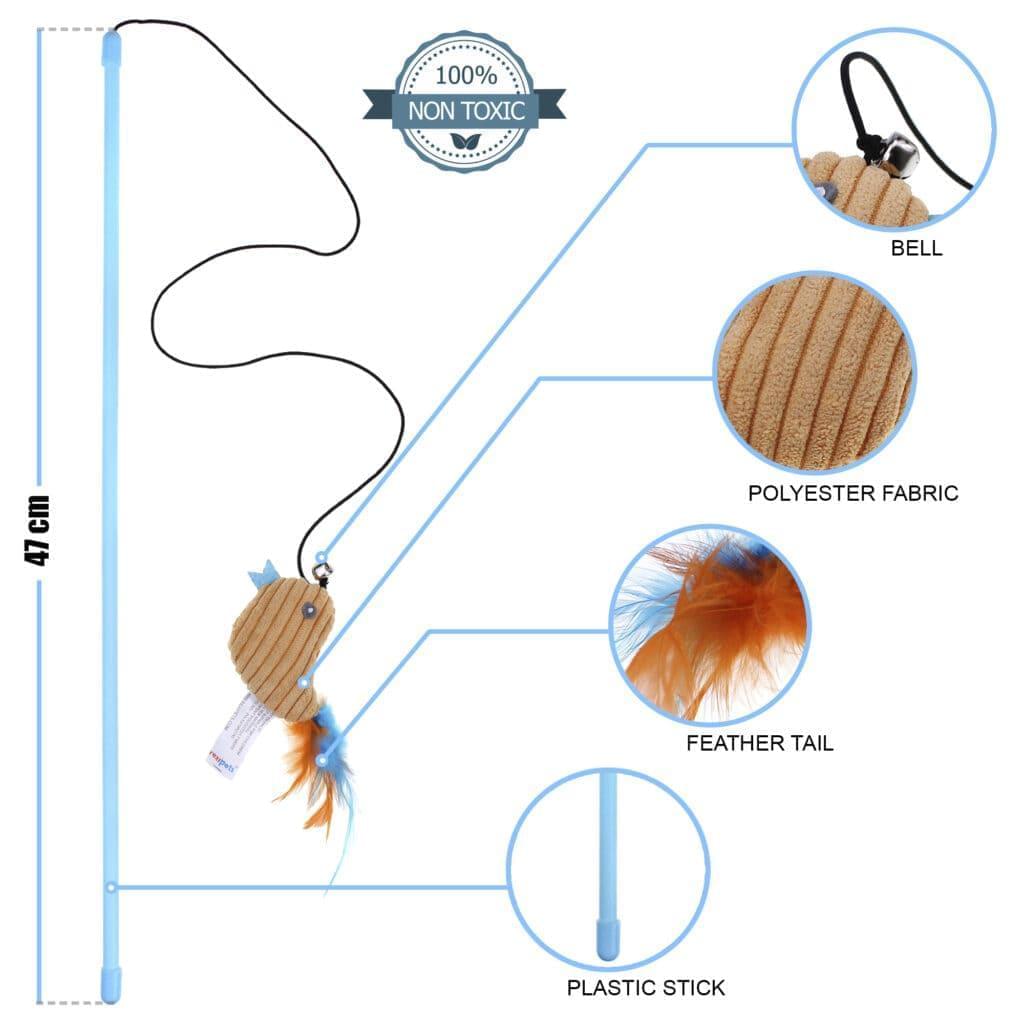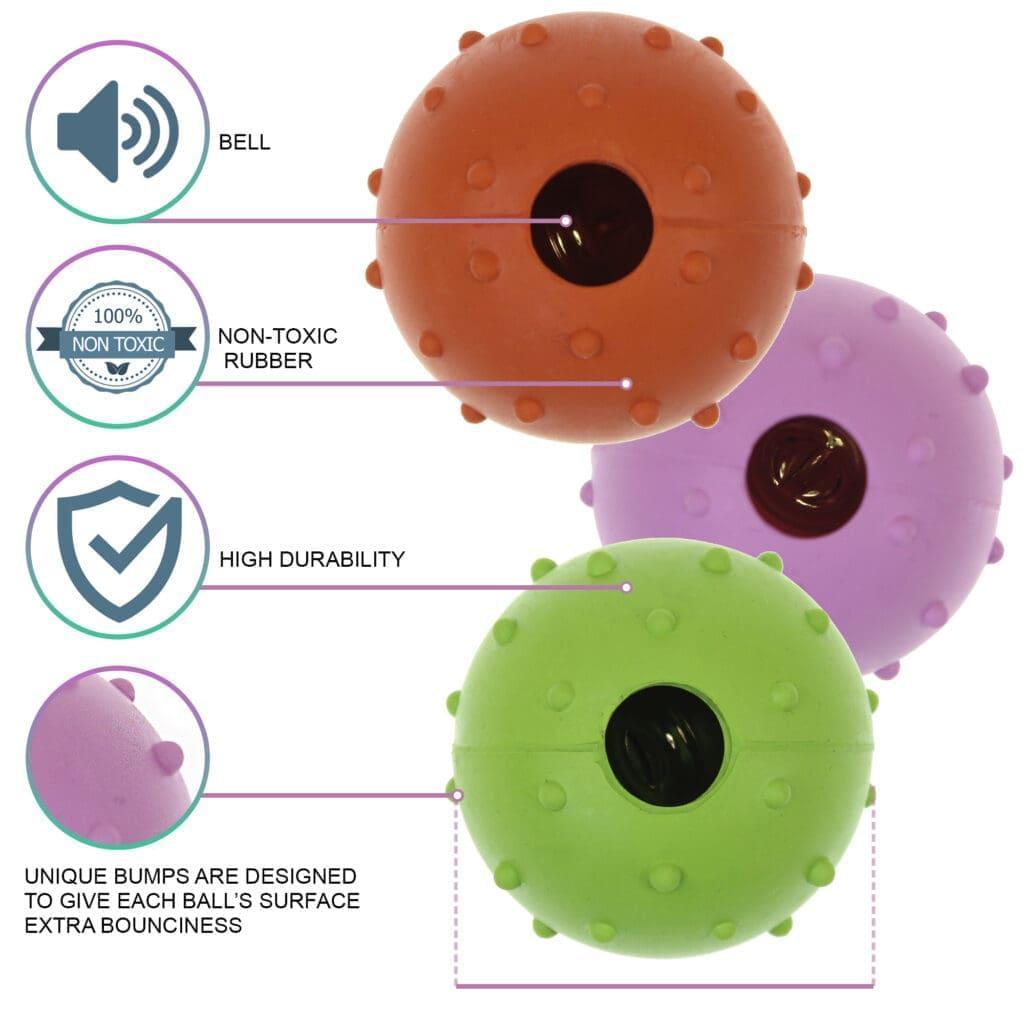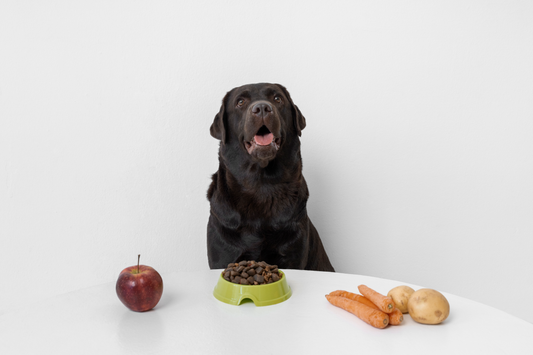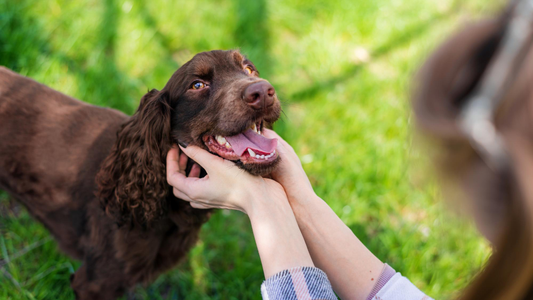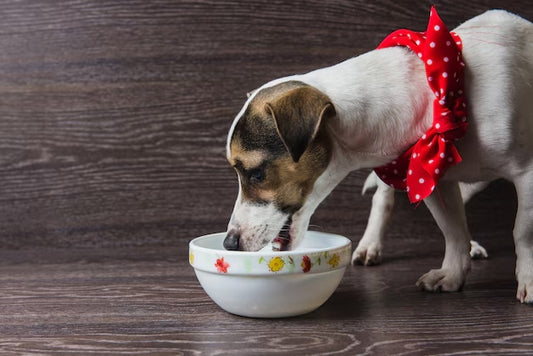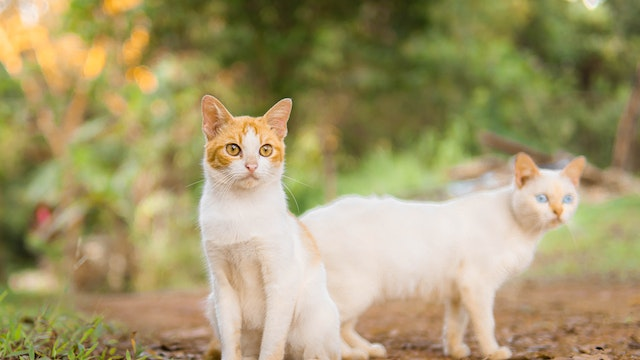
Are your cats obsessed with your plants? Do you often find them nibbling on a leaf or a flower from the garden? Does that make you worried as a responsible cat parent?
Well, you are not the only one. Many cat owners are worried sick cause they can't keep their cats from exploring their plants.
In this article, we'll embark on a journey to unravel the mystery surrounding carnations and their impact on cats. We'll also dive into scientific research, consult veterinary experts, and diagnose, treat, and recover.
The article aims to provide well-rounded research offering cat owners clarity on the topic, thus equipping them with the knowledge needed to make informed decisions about the flowers they bring into their homes.
While no two cats are the same, being aware of potential risks allows responsible pet owners to minimize hazards and create a safe environment for their furry friends.
So, join us as we sift through the petals of information and separate fact from fiction, aiming to find answers to the question: Are carnations toxic to cats?
Carnations are toxic to both cats and dogs. They are even toxic to horses. While a carnation is popular for its mild toxicity, it’s essential to remember that carnations can cause gastrointestinal symptoms along with dermatological symptoms. So place carnations in an area where your furry friends can’t reach.
What Are Carnations?
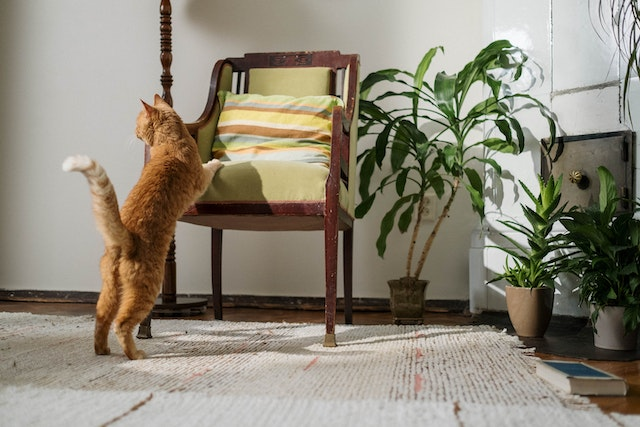
Carnations (Dianthus caryophyllus) are flowering plants native mainly to the Mediterranean region from the Dianthus species. But they're now cultivated worldwide for their ornamental value.
They belong to the Dianthus genus and are part of the Caryophyllaceae family. Carnations are renowned for their attractive, ruffled blooms. They come in a wide range of colors, including shades of pink, white, red, yellow, and purple.
They are well liked, both in gardens and floral arrangements due to their appealing appearance and delightful fragrance. Plus, they have the ability to stay fresh for extended periods. With their charming ruffled petals and romantic pink and white colors, they remain a perennial favorite.
However, suppose you have both cats and carnations in the same area. In that case, it's crucial to be vigilant, just as you would with many other common houseplants and garden flowers that may pose risks to our feline friends. A carnation is a toxic plant.
What is Carnation Poisoning?
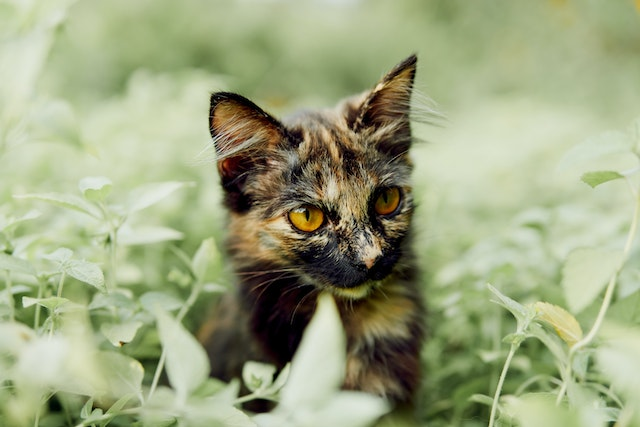
Carnation poisoning in cats occurs when a cat eats any part of the carnation plant. While the symptoms are usually mild, the severity can worsen depending on the amount ingested.
It's crucial to be cautious because all parts of the carnation plant are toxic to cats, whether they consume the stem or the flower itself. Typical symptoms of carnation poisoning in cats include gastrointestinal upset, such as vomiting or diarrhea.
Even if a cat merely comes into contact with the sap of the carnation plant, it can lead to contact dermatitis and irritation.
Therefore, it's essential to keep carnations away from cats, especially those with a curious nature or a tendency to play around with plants.
To prevent your feline friend from experiencing any stressful or harmful situations, it's best to avoid keeping carnations in your home and opt for pet-safe floral alternatives.
Symptoms of Carnation Poisoning in Cats
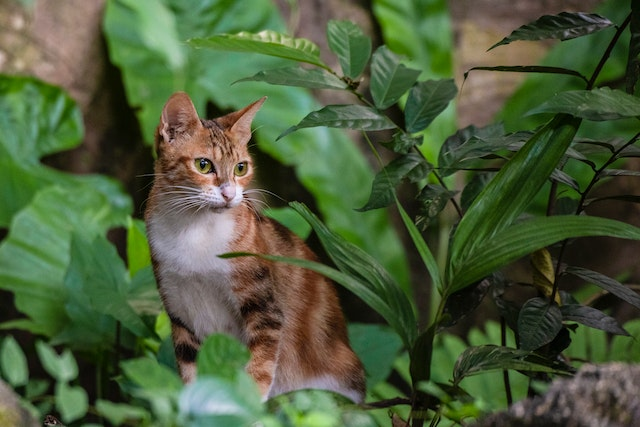
Here are some symptoms of carnation poisoning:
-
Drooling
Suppose your cat is nibbling on a carnation but hasn't fully consumed it. In that case, drooling may be the first indication of potential mouth irritation. Drooling in such situations suggests that the cat's oral tissues might be experiencing discomfort or irritation due to contact with the carnation plant.
As a responsible pet owner, it's important to intervene promptly and remove the carnation from the cat's reach to prevent further ingestion and potential poisoning.
Cats are curious creatures, and their exploration of unfamiliar plants can lead to unforeseen health issues. Always prioritize your feline companion's safety by keeping harmful plants out of their environment.
-
Vomiting
Vomiting is a clear indicator that your cat has ingested some part of the carnation plant and is trying to expel it from their system.
When a cat consumes something that their body considers potentially harmful or irritating vomiting serves as a defense mechanism to rid the offending substance.
In the case of carnation poisoning, the cat's body recognizes the toxins or irritants in the plant. It initiates the process of vomiting to protect itself.
Suppose you observe your cat vomiting after being near or chewing on carnations or other plants. In that case, it is essential to seek immediate veterinary attention to ensure their well-being and prevent further complications.
-
Diarrhea
Diarrhea is a common side effect of carnation poisoning in cats, and it might cause your kitty to have messy accidents all over the house. Eating parts of the carnation plant can upset their tummy, resulting in loose and watery poop. It's no fun for your furry friend, and cleaning up can be a real hassle.
If you notice your cat having diarrhea after being near wild carnations again, keep an eye on them and make sure they have access to plenty of water. If it doesn't improve, it's best to take them to the vet. They will provide proper care and treatment.
-
Pain
Cats that have consumed carnations often experience pain, which they may express through vocalizations to seek comfort and assistance from their pet parent.
When the toxins or irritants from the carnation plant affect their system, it can lead to abdominal discomfort or gastrointestinal distress, causing them to feel uneasy. They may also have skin irritation.
To communicate their pain and discomfort, cats may meow, whine, or exhibit other vocalizations to gain attention and care.
As a responsible pet parent, it's important to be attentive to their cues and promptly seek veterinary care if their discomfort persists, ensuring their well-being and providing them with the necessary support during their recovery.
How to Diagnose?

The most reliable way to diagnose carnation poisoning in cats is to take them to the vet. However, diagnosing this type of toxicity can be challenging. There is no specific test for it. The vet will rely on a process of elimination, ruling out other potential causes of the cat's symptoms that may resemble carnation poisoning.
They will conduct a thorough physical examination. On the basis of that, they'll review the cat's medical history and discuss any recent exposure to carnations. Sharing this information is crucial to help the vet make an accurate diagnosis.
Since the symptoms of carnation poisoning can resemble those of other feline-related illnesses, the vet may perform various diagnostic tests to confirm the presence of carnation poisoning and rule out other underlying severe issues.
Your local veterinarian might conduct the following diagnostic tests to formally diagnose your cat with carnation poisoning -
- CBC (complete blood cell count)
- Biochemical profile (blood work)
- Blood smear test
- Urinalysis (examination of urine)
- Fecal floatation test
- Fecal examination
Treatment
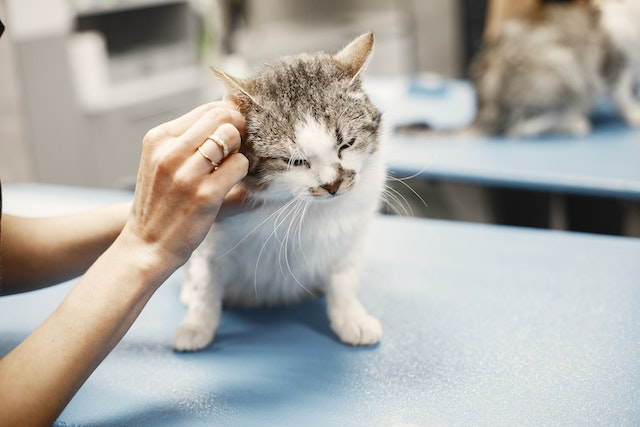
The treatment for carnation poisoning in cats involves inducing vomiting and starting certain medications according to the feline's current condition.
Since carnation poisoning is considered moderate, there's no specific antidote. Still, the cat's body usually handles it well by naturally eliminating the toxin through vomiting and passing it through waste.
However, veterinary care might be necessary to induce vomiting and provide fluids. During the visit, the vet may use medication to induce vomiting and give intravenous fluids. Your furry friend may receive medicine to protect the stomach and alleviate discomfort from the carnation sap.
There are no specific remedies, and treatment is mainly suggested. Your vet might suggest providing your cat with extra fluids to help with dehydration and flush out any remaining toxins.
While hospitalization is generally unnecessary, severe dehydration or prolonged symptoms might lead to a brief hospital stay. Nonetheless, most cats can go home the same day after receiving appropriate care.
If you suspect your cat has ingested something harmful, don't hesitate to seek veterinary attention. It's essential to prioritize your cat's health and well-being. Seeking professional help when needed is always the right choice. It takes only a few hours to get rid of the problem.
Recovery
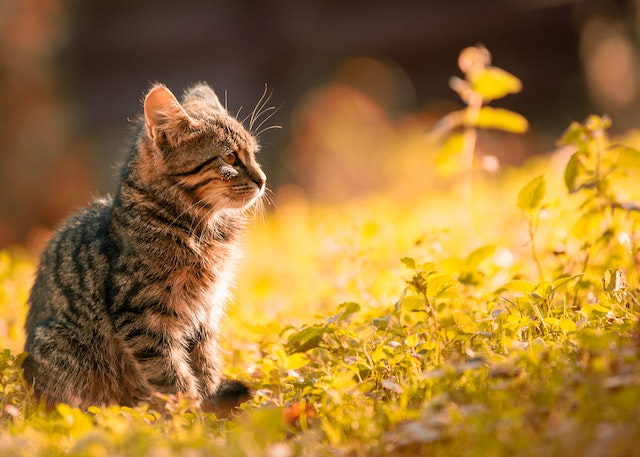
The recovery for cats with carnation poisoning is generally good, as most cases are considered moderate. Cats' bodies typically do an excellent job of eliminating toxins by vomiting and passing them through waste.
During the recovery process, keeping a close eye on your cat's condition is essential. Just make sure they have plenty of fresh water available. This will help with dehydration and flush out any remaining toxins.
The veterinarian may sometimes recommend supportive care, such as providing medications to ease stomach discomfort and administering intravenous fluids if needed.
While severe cases might require a brief hospital stay, most cats can be taken home the same day and continue their recovery in a familiar, stress-free environment.
As always, if you have any concerns about your cat's recovery or if symptoms worsen, it's best to seek advice from your veterinarian. They ensure your feline friend's well-being. With proper care and attention, most cats recover fully from carnation poisoning without any complications.
Final Words!
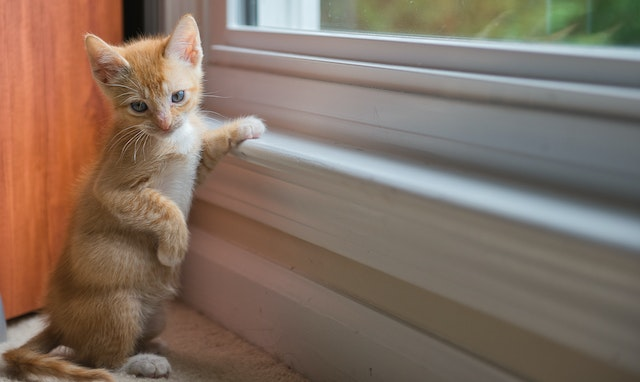
Regarding cats and carnations, it's essential to be cautious. Carnations may be pretty and long-lasting, but their mild toxicity can harm our furry pals. So you can't let your cats eat carnations because your cat can become sick.
All parts of the carnations are mildly toxic to cats, and if your cat eats them, it can lead to moderate poisoning with symptoms like vomiting and diarrhea, because carnations are toxic plants.
Although most cases aren't life-threatening and pass in a few hours, it's better to be safe than sorry. As responsible pet owners, let's keep carnations out of our cats' reach and opt for non-toxic flowers instead of toxic plants.
By looking out for our feline friends and making mindful choices, we can ensure they stay happy, healthy, and out of harm's way.
